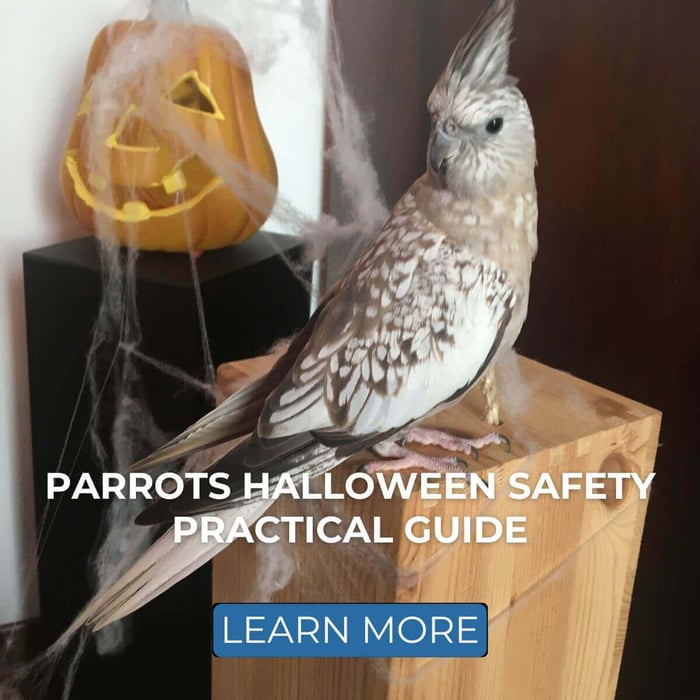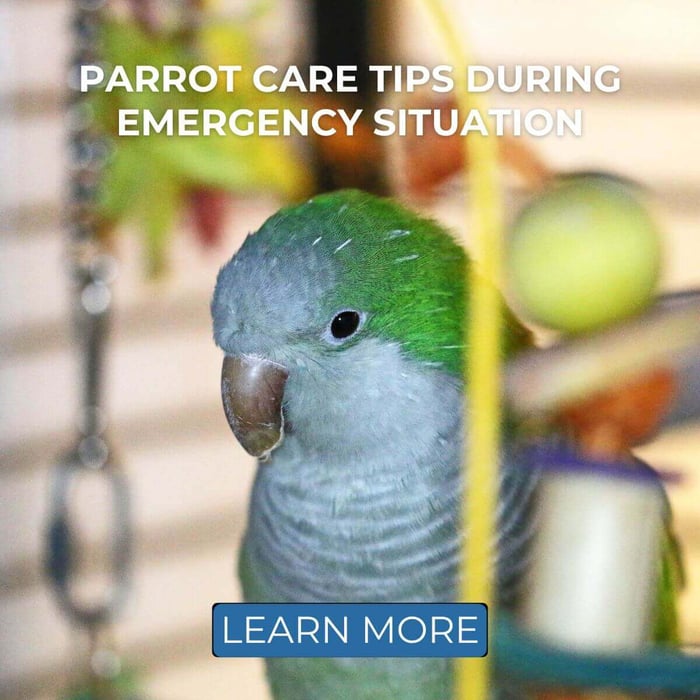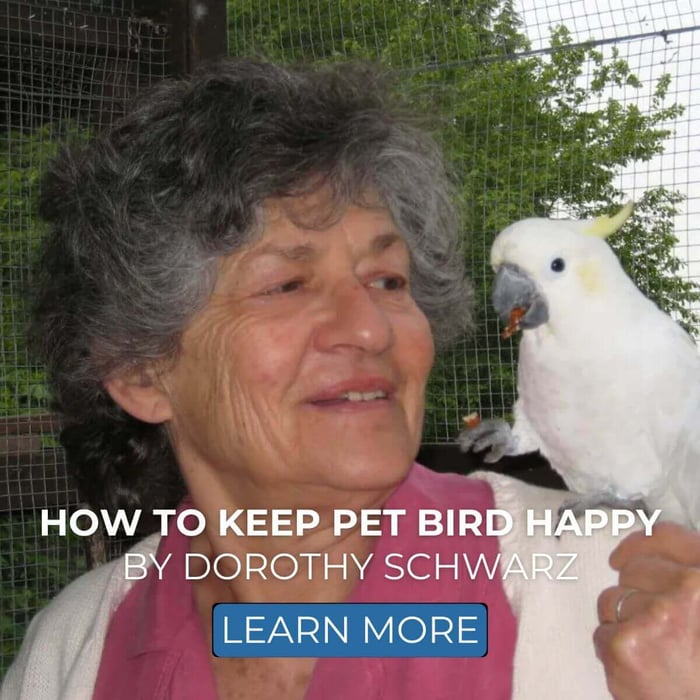Do Cockatiels Make Good Pets? 7 Pros and 7 Cons
Do cockatiels make good pets? If you’re interested in getting a pet bird, there’s a good chance you’ve come across these popular crested Australian parrots. Would a cockatiel be the right feathered addition to your family? Are there any reasons to choose them over other parrot species?
Just like with any other pet, there are pros and cons that you’ll need to consider. By buying a cockatiel, you’re taking responsibility for it for the rest of its life, so it’s important to know what you can expect. There are many pros to owning a cockatiel, but the cons mean it’s not worth it for some people.
Do cockatiels make good pets? The pros
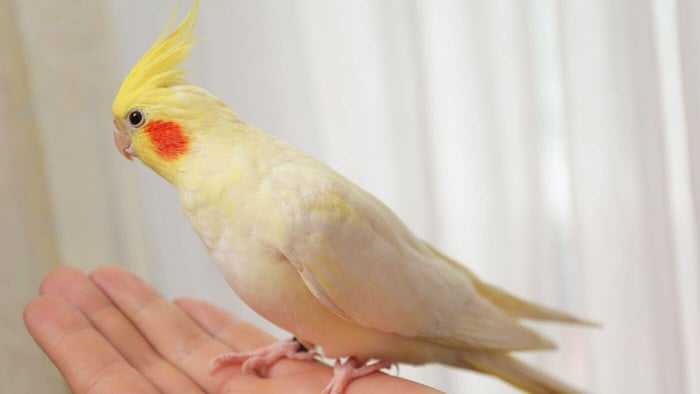
1. They’re fun
They are playful, they dance, they sing and talk! Cockatiels are known for their advanced whistling skills. Although they can talk, pet owners find that they prefer to mimic quirky sounds like the ringing of the telephone, the sound of the doorbell or the sound of the alarm clock. There’s never a boring day in the life of a cockatiel owner!
Some cockatiels like to cuddle and most will love to just hang out with their human flock members.
2. They’re calmer and more gentle than many other parrots
Cockatiels are known for their gentle disposition. They tend to be calmer than other parrot species and less prone to zooming around the house, becoming destructive or spending hours screaming for attention.
Of course, there are always some exceptions, but most cockatiels are calm, gentle and easy enough to tame.
3. They’re relatively small
The average size of a cockatiel is between 30-35 cm from beak to tail tip. This means that they won’t take up a lot of space, won’t require a big bulky cage and won’t need as much food as a bigger bird needs. Although you should still give your cockatiel plenty of room to move around, their size is considered an advantage by some.
4. They’re not overly loud
Don’t be fooled: all parrots are noisy creatures. Cockatiels can produce very loud flock calls! However, they generally stick to whistling, and their overall decibel level is lower than that of most other parrots. This is why they are classified as one of the quieter parrot species.
5. Many like to cuddle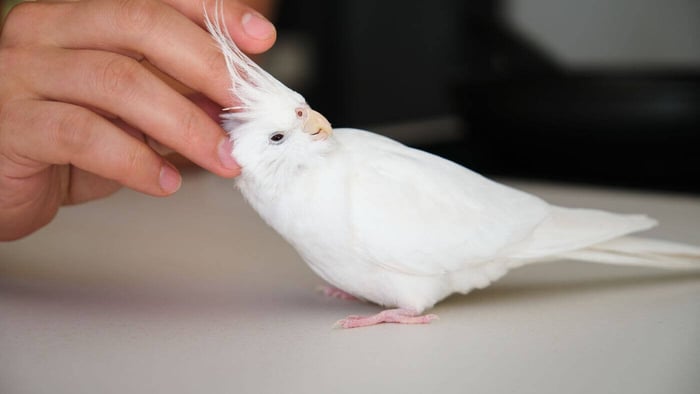
Cuddle? Yes! By nature, cockatiels are very affectionate and thrive on human interaction. They like to be touched and tamed, and individuals will often love a good neck scratch, begging you to rub the feathers behind their crest.
Even cockatiels that don’t like for you to touch them will often appreciate hanging out on your shoulder or just being close to you while you go about your daily business.
6. They can learn to imitate tunes and short phrases
Did you know that Cockatiels are known for their vocal abilities? They can imitate short phrases and love to whistle simple tunes. Repeating sounds they hear is actually a way for them to fit in with their favourite humans. Although not all cockatiels are born as songbirds, there are ways how to train or further enhance their natural talent.
A cockatiel’s vocabulary will never be as extensive as champion talking birds like the African Grey Parrot, but some of them can be taught to say a few words or phrases like their name. They can also be taught tunes. Try “Tequila” or “I’m A Little Teapot”! The key is repetition.
7. They’re intelligent and easy to train
Research by avian experts says that cockatiels and other similar-sized parrots have the intelligence of a two-year-old human. This means they are like sponges that can easily adapt and pick up tricks.
Because they are so intelligent, cockatiels are easy to train, although obviously, it does not happen overnight. Training any parrot requires a lot of time and attention.
Everything you need for your cockatiel
Do cockatiels make good pets? Cons
So, do cockatiels make good pets? If you consider all the pros, it certainly seems like it. If you feel like you’re ready to head out to the pet store to buy your first-ever cockatiel, hold on one minute. Although these pet parrots make fantastic additions to many families, they also come with a few cons that you need to consider before taking the plunge.
1. It’s a long commitment
Cockatiels have a longer lifespan than other pets (for example, rodents, cats, and dogs). Their average lifespan easily reaches up to 20-25 years, which is why it is important to think about the future if you opt to take a cockatiel home.
Will you still be able and willing to care for your bird in a decade? What about two? Thousands of cockatiels are surrendered or rehomed every year, which can be very stressful for these sensitive birds. If you’re unsure about the stability of your living situation, you may need to reconsider.
2. They can still be very noisy
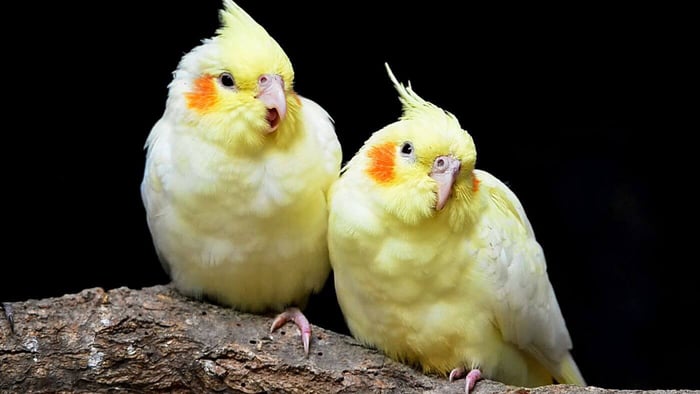
Of course! No parrot is quiet. When adding any type of bird to your household, you forfeit the luxury of enjoying total silence, and cockatiels can actually get pretty loud. They’re quieter than most parrots, but by no means should you expect them to make no noise at all! Their flock calls can be pretty grating to some.
3. Cockatiels are dusty
All birds drop feathers and produce some degree of dust, but the cockatoo family, of which cockatiels form a part, can be problematic for some people. They produce a layer of downy feathers under their normal plumage, which is very fragile and breaks apart at the slightest touch. This means they produce a constant stream of fine dust, so if you’ve got allergies, you may not be able to keep one without triggering symptoms.
Even if you’re allergy-free, you’ll have to keep in mind that a home with a cockatiel will need vacuuming significantly more frequently than a bird-free dwelling. Without proper cleaning and good air filtration, there is a small risk of respiratory issues.
4. They need a lot of attention
We have already established that cockatiels are gentle and affectionate birds. Because of that demeanour, they require a lot of attention. Cockatiels are considered very social animals that seek a lot of interaction every day; if you keep one alone and don’t spend at least a few hours together on a daily, it can become stressed and begin exhibiting unwanted behaviours like excessive vocalization, aggression and even feather plucking.
If you spend 8+ hours outside of the home working, you may need to consider getting two cockatiels instead of just one. Even with plenty of toys for your cockatiel, a parrot starved of attention can end up bored out of its mind. Remember, they naturally spend all day in flocks that can range anywhere from a few birds to thousands of individuals!
5. You can get an untamed cockatiel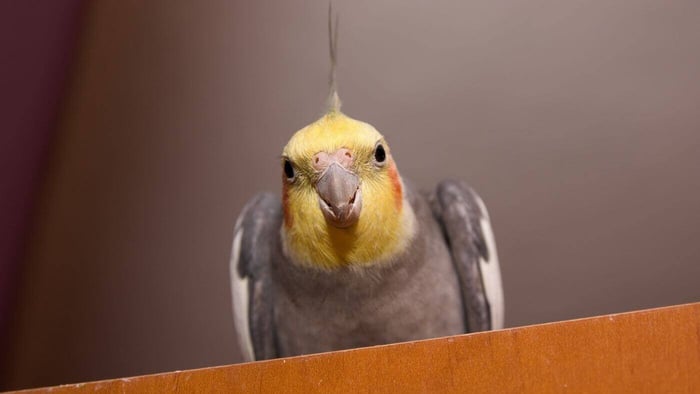
Not all birds that you encounter in a pet store are tamed. This is absolutely something you should consider. Taming a cockatiel, or any bird for that matter, will take some time and effort. It may be a good while before your feathered pet stops being afraid of you, and you may experience some fear-based aggression (including bites) in the meantime. Even if your bird isn’t what you expected, it’s still your responsibility to make sure it lives a long and happy life.
If you really want a tamed cockatiel, you’ll have to be prepared to pay a little extra. You may have to do some searching to locate a breeder who spends a lot of one-on-one time with their cockatiel chicks. It can also pay off to contact a local exotic animal rescue, as they’ll often have a lot of cockatiels up for adoption. Some of these rescue birds may be very tame.
6. Poop everywhere!
One of the downsides of having birds as a pet is that they can get messy. And that doesn’t just mean feathers everywhere! Generally speaking, birds poop everywhere because they tend to do so wherever they are when the urge hits them. And cockatiels have a reputation for being unable to hold nature’s call at will. They need to poop every fifteen to twenty minutes!
You must clean your cockatiel’s cage regularly (every few days) and always be prepared for some accidents here and there.
7. They can be destructive
Since cockatiels are generally gentle and calm, they are not as destructive as larger pet birds. However, chewing is a natural and instinctive behaviour for all parrots. After all, it is associated with foraging and nest building. Making a nest often requires burrowing a hole into tree trunks or tree branches, a task which comes with a lot of chewing and shredding. Plus, it helps their beak fit and firm.
If you see your cockatiel chewing on your things, please remember these facts. You can’t punish a parrot for doing something you don’t like. Buy it toys for chewing, shredding, and foraging, but remember that it’s always possible to lose your favourite lampshade, a curtain rod or a houseplant.
Conclusion
Do cockatiels make good pets? Yes, but it’s up to you to figure out whether they’re right for you. Having a pet, whether it is a bird or not, is always going to be a big responsibility. And just like with any other pet, owning a cockatiel has its advantages and disadvantages.
We think the pros far outweigh the cons, but be sure to consider them thoroughly to ensure you won’t have to rehome your bird(s) later. They may be very different from a dog or cat, but cockatiels can make fantastic family pets and true friends for years to come.
Please note: here at Parrot Essentials, we recommend you adopt rather than shop. If you’d like to add a cockatiel to your family, please contact your local exotic animal rescue to see if they have any birds up for adoption that would make a good fit for you. Some rescue cockatiels can be stressed and untamed, but others are tame and extremely affectionate.


